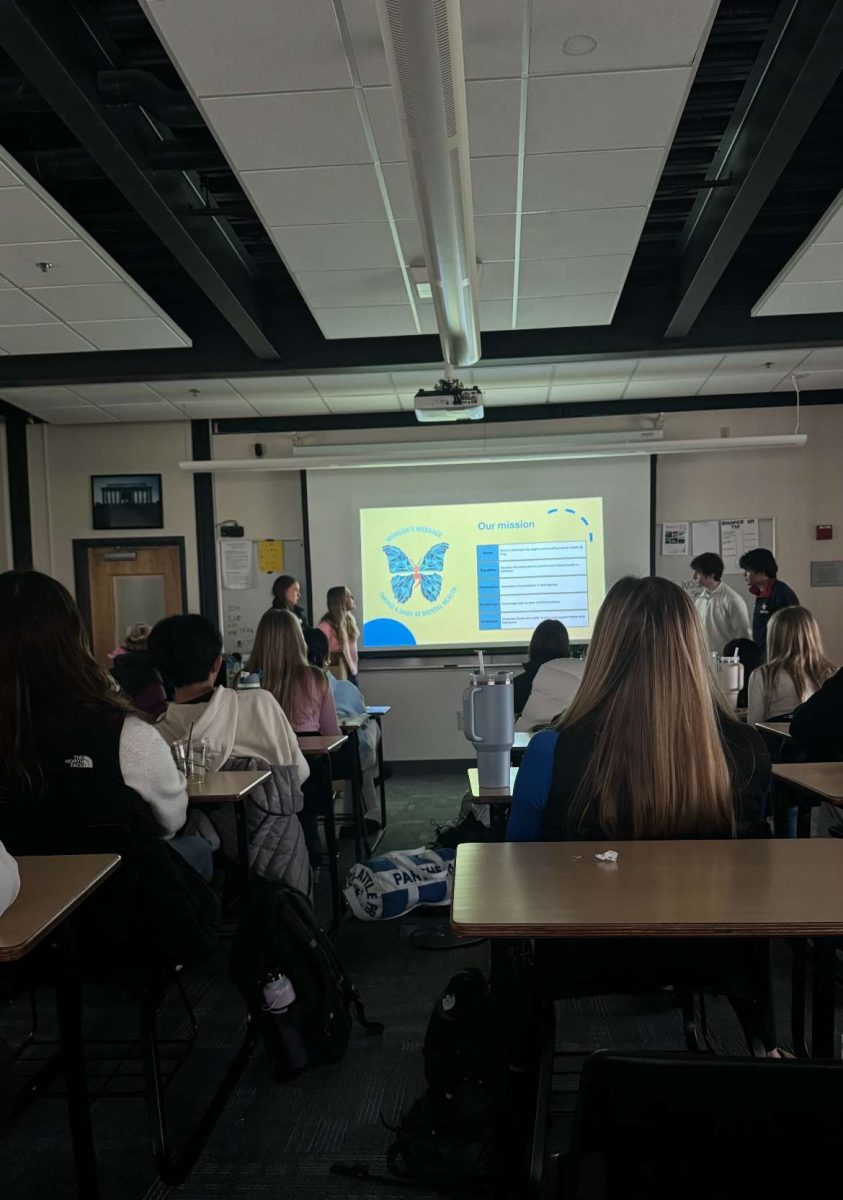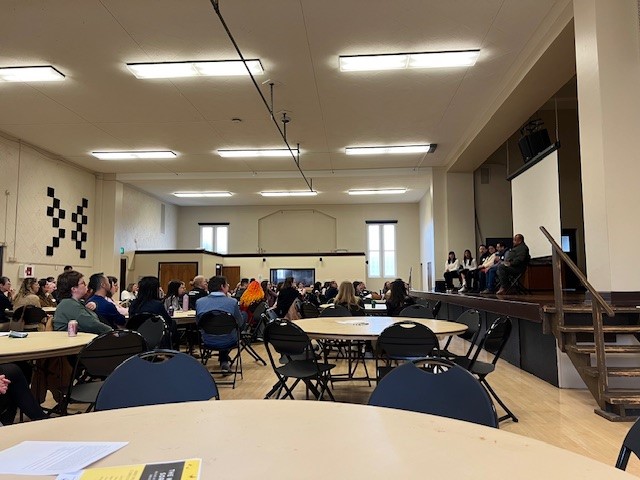While spring sports are just beginning, the end of the year is upon us. End of year finals and projects are starting to pile up and student-athletes may find it hard to balance the weight of school, sports, and social life. Morgan’s Message—led by sophomores Josephine Wolfram ‘26 and Pearl Steele ‘26—seeks to bring attention to this common issue, representing an organization created in memory of Morgan, a women’s lacrosse player at Duke University.
The Morgan’s Message Organization was created in memory of Morgan Rodgers after she took her own life in 2019. Rodgers was described as a passionate individual, giving her all to everything. She worked extremely hard to gain an offer to play on Duke Women’s Lacrosse Team but after suffering a season ending knee injury her sophomore year, her outlook started to change. She began to isolate herself from her team and friends as she suffered with depression and anxiety in silence.
Founded by the Rodgers family, Morgan’s Message expands its vision and goal of destigmatizing the false portrayals of mental health in student-athlete communities across the nation. They aim to show the importance of physical health in athletes, normalize the topic of mental health and provide those who want to talk an inclusive space to do so. When asked to summarize the mission of the organization, Steele ‘26 said, “The goal of Morgan’s Message is to destigmatize student athlete mental health and make it so sports are a place where you can speak up and share your feelings as an athlete.”
Steele ‘26 and Wolfram ‘26 were motivated to start an ambassador club at Prep for the organization because it prioritizes the environment and ideas they had previously planned to live out through campus. Steele said, “There’s a driving force behind us, but we’re also personalizing it based on the needs here.”
Representing the organization, the leaders plan to carry out several goals regarding the mental health of student-athletes at Prep. They want athletes to feel comfortable in expressing their feelings and thoughts in their sports. Wolfram ‘26 described how many athletes have similar stories to what Rodgers experienced and how many feel like they are forced to suffer in silence, in fear of impacting your spot on the team or even your team as a whole. Wolfram ‘26 said, “It’s your own personal journey and everyone is here to help you” and that creating a supportive environment for student athletes to discuss these unspoken, uncomfortable topics will help to create a supportive community.
Morgan’s Message at Seattle Prep plans to carry out these goals in many ways, through guest speakers, open discussions among peers, and dedication games in memory of Rodgers. Dedication games specifically show importance to the community because they not only get students involved in the organization, but parents as well. Steele ‘26 said they will, “bring a lot of fun and community towards games because everyone will feel surrounded by support.” The presidents of the club hope these acts will make the importance of student-athlete mental health more prevalent in the Prep community and entices people to learn more about the program and their mission.








